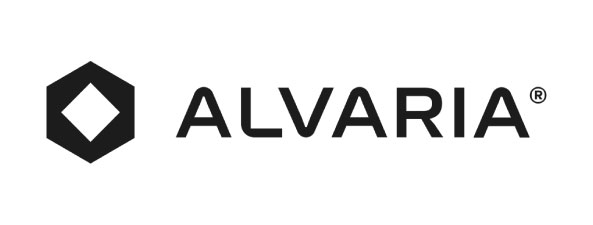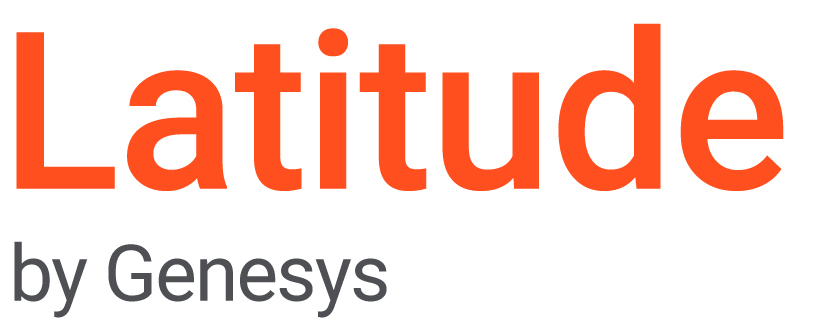The unique challenges of debt collection in healthcare require a balanced approach that respects patients’ financial situations while ensuring that healthcare providers can maintain financial viability. Here, we will explore the essentials for successful healthcare debt collection, offering insights and strategies that are both effective and empathetic.
1. Understanding the Patient’s Financial Situation
The cornerstone of successful debt collection in healthcare is understanding each patient’s financial situation. An empathetic approach is not just about being kind; it’s a strategic move. By understanding a patient’s financial background, healthcare providers can tailor their collection strategies, offering payment solutions that are feasible for the patient while maintaining a positive relationship. This understanding becomes the foundation of a respectful and effective debt-collection process.
2. Educating Patients on Billing and Insurance
A significant part of the debt collection puzzle involves educating patients about their bills, insurance coverage, and financial responsibilities. The complexity of healthcare billing and insurance can often lead to confusion and misunderstandings, resulting in disputes over debts. Clear, proactive communication about these aspects can dramatically reduce the likelihood of such misunderstandings and foster a more transparent relationship between the healthcare provider and the patient.
3. Compliance with Legal Regulations
Compliance with legal regulations such as the Fair Debt Collection Practices Act (FDCPA) and the Health Insurance Portability and Accountability Act (HIPAA) is non-negotiable in the realm of debt collection in healthcare. These regulations ensure that the collection activities are ethical and legal. Staying informed and compliant with these regulations protects the healthcare provider and the patient, ensuring a fair debt collection process.
4. Implementing Flexible Payment Options
Flexibility can significantly enhance the success rate of debt collection. Healthcare providers can make it easier for patients to manage their debts by offering various payment options, including online payments. Flexible payment plans cater to the financial capabilities of different patients, increasing the likelihood of successful collection.
5. Training Staff in Effective Communication
The role of staff training must be balanced in the context of debt collection in healthcare. Training staff in customer service and empathetic communication equips them with the skills needed to handle sensitive conversations about debts. Effective communication is crucial in navigating the often-delicate situations that arise in debt collection, ensuring that the conversations remain respectful and productive.
6. Utilizing Technology for Efficiency
Integrating modern technology like automated billing systems, reminder services, and data analytics can greatly streamline the debt collection process. These technological tools enhance efficiency and provide valuable insights into patient payment behaviors, enabling more targeted and effective collection strategies.
7. Regular Review and Update of Collection Policies
The dynamic nature of healthcare and its regulations necessitates regular reviews and updates of debt collection policies and procedures. Keeping these policies in line with the latest regulations, economic conditions, and patient needs is essential for maintaining an effective and compliant debt collection process.
8. Engaging Early and Consistently
Initiating the collection process early and maintaining consistent communication are key strategies in debt collection in healthcare. Early engagement can prevent debts from escalating and becoming more challenging to collect. Consistent communication keeps the lines open, reducing the likelihood of misunderstandings and reinforcing the patient-provider relationship.
9. Offering Financial Counseling Services
Providing or referring patients to financial counseling services is an invaluable strategy in debt collection. These services can help patients understand their financial options, leading to more informed decisions and, consequently, more successful debt resolution.
10. Documenting All Interactions and Agreements
Documentation is a critical aspect of debt collection in healthcare. Keeping detailed records of all patient interactions, including agreements on payment plans, is essential for legal compliance as well as helping to resolve disputes that may arise.
Successful debt collection in the healthcare industry is a multifaceted endeavor. It requires a blend of empathy, clear communication, legal compliance, technological integration, and flexibility. By adopting these strategies, healthcare providers can navigate debt collection challenges effectively, ensuring financial sustainability while maintaining respectful and supportive relationships with their patients. HealthCareTEC’s services help healthcare debt collection organizations evaluate, source, implement, manage, and optimize the use of third-party data products. Learn more on our dedicated page.







